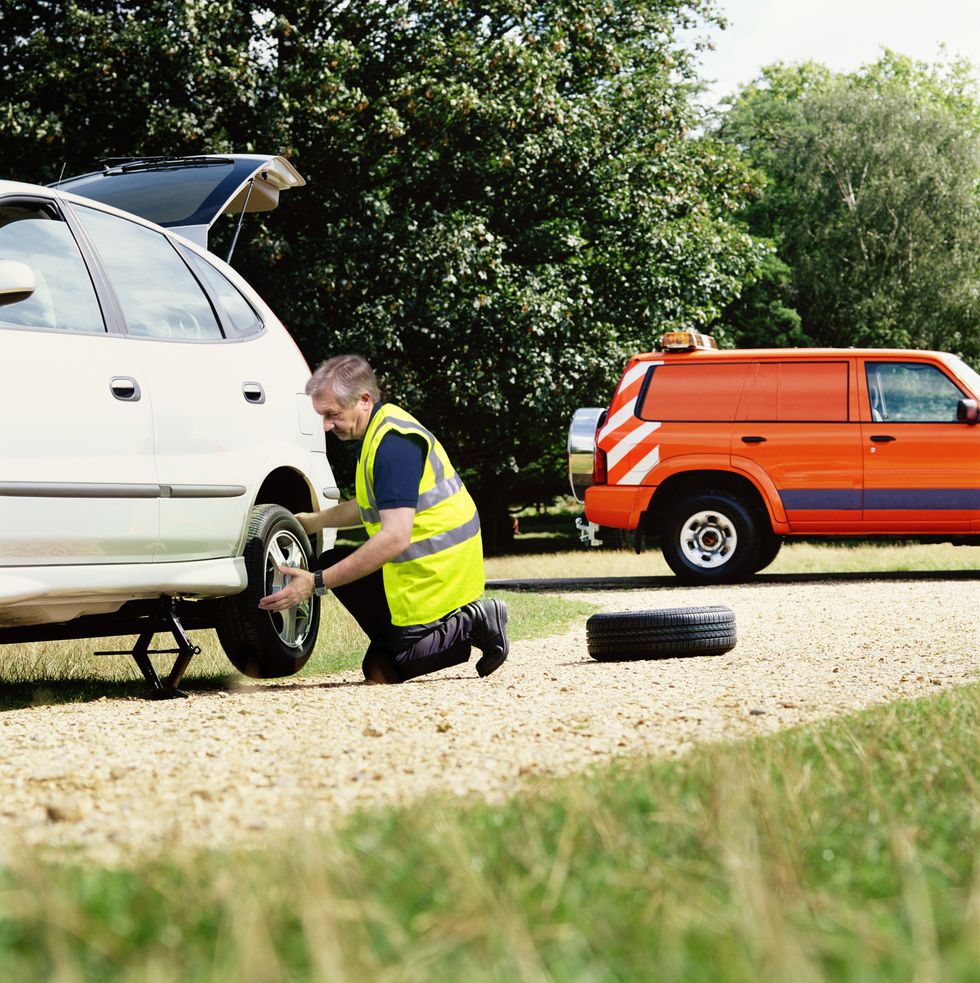Drivers warned of ‘busiest’ period for breakdowns as millions of Britons return after Christmas
Drivers have been urged to avoid starting 2025 with a flat battery as millions prepare to return to work after the Christmas break.
It comes after the RAC warned that Monday, January 6 is expected to be one of its busiest days for breakdowns across the whole of the year.
Experts have now warned that thousands of commuters could discover that their vehicles won’t start after being left unused throughout the festive period.
With New Year’s Day falling on a Wednesday in 2025, many workers are expected to extend their break until the following Monday, increasing the risk of battery-related issues.
Do you have a story you’d like to share? Get in touch by emailing motoring@gbnews.uk

Households with multiple vehicles have been flagged as being “particularly at risk”, as families typically use only one car during the festive season.
This leaves additional vehicles parked and unused, making their batteries more likely to go flat, the RAC warned.
The issue affects both private and business vehicles, as many workplaces remain closed during this extended holiday period.
Battery issues are the most common reason for vehicle breakdowns throughout the year, but winter poses additional challenges.
The colder temperatures can put extra strain on car batteries due to increased use of essential features. These include heaters, lights, heated screens and seats, all drawing more power during winter months.
The RAC advises motorists to take their vehicles for regular drives during the Christmas break to keep batteries charged.
This simple preventative measure can help avoid the frustration of a non-starting vehicle when returning to work.
RAC spokeswoman Alice Simpson said: “The first working day after Christmas is typically the busiest of the year for our patrols attending drivers suffering the flat battery blues. It can be thoroughly depressing if nothing happens when you go to start the ignition.”
She warned that cars left unused over the holidays are “often a breakdown statistic waiting to happen.”
However, she emphasised that such issues are preventable, noting how if drivers take their cars for a “good run during their Christmas breaks” this can help stop issues from arising.
If drivers experience a flat battery, they should first check if the battery is definitely the cause by testing dashboard warning lights, interior lights and central locking.
Drivers should also be aware of potential legal consequences if they encounter battery issues on the road. If stopped while driving with a flat battery motorists could face fines of up to £1,000 if the case goes to court.
LATEST DEVELOPMENTS
- Hundreds of motorists caught breaking major driving law with ‘deadly’ travelling manoeuvre
- Driving law changes launching in January will see major new DVSA rules and electric car targets
- Major council rakes in millions from fining petrol and diesel drivers in ‘stealth taxes’ – ‘Get rid of it all!’

Most cases result in an on-the-spot fine of £100 with no penalty points, though penalties may be more severe if police deem the vehicle unroadworthy.
If stopped while parked with a flat battery, motorists might need to provide receipts for new batteries or related parts. Drivers can contest fixed penalty notices in court by demonstrating they didn’t commit an offence or that the notice was issued incorrectly.

